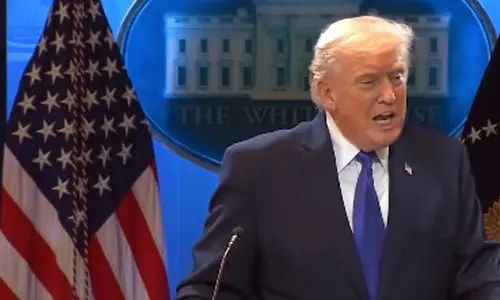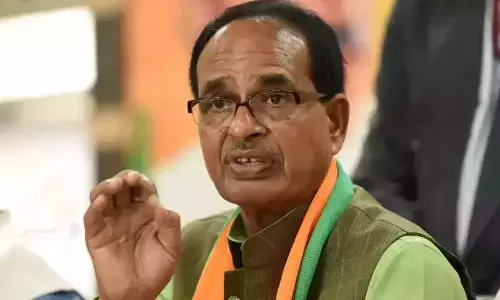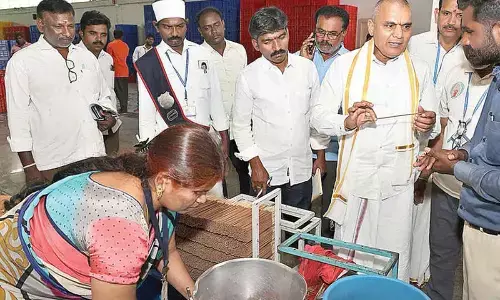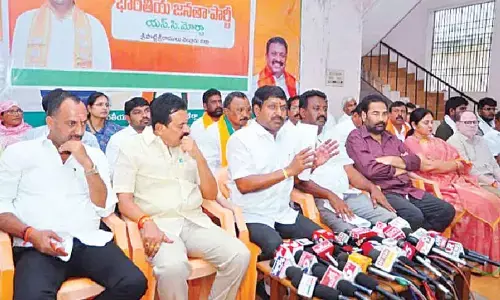How India can seize trillion dollar digital opportunity
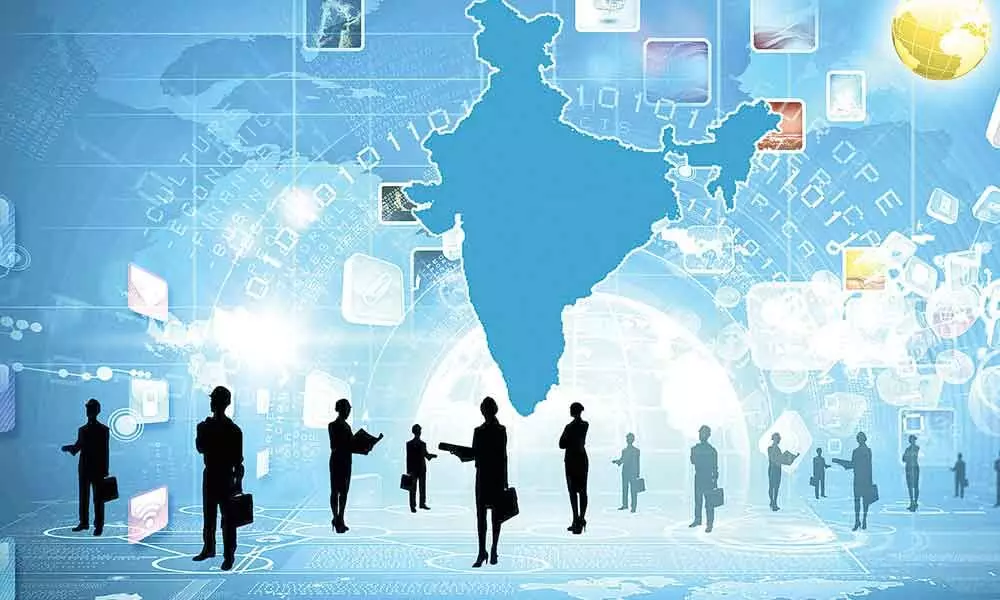
How India can seize trillion dollar digital opportunity
Digital India has been a much-celebrated idea and it is hard to not see why. The world is powered by the internet every single day, and as the web becomes a site for business,
Digital India has been a much-celebrated idea and it is hard to not see why. The world is powered by the internet every single day, and as the web becomes a site for business, social and cultural activities and transactions, digitization seems like a worthy and inevitable path. Consequently, the promise of an economy scaffolded by digital networking and communication infrastructures encompassing not just business but social activities has also held sway. However, India's story has been accompanied by particularities of its own. From the digital divide to uneven adoption of technology by businesses, challenges have remained despite noteworthy digital surges. To envision the future of India embracing the digital economy, it is worth looking at the existing state of affairs.
As McKinsey's data states, India is one of the largest and fastest-growing markets for digital consumers, with 560 million internet subscribers in 2018, second only to China. The government has enrolled more than 1.2 billion Indians in its biometric digital identity programme, Aadhaar, and brought more than 10 million businesses onto a common digital platform through a goods and services tax. Competitive offerings by telecommunications firms have turbocharged internet subscriptions and data consumption, which quadrupled in both 2017 and 2018. However, these advances contradict themselves when juxtaposed with ground realities in India. Despite the numbers sounding huge, only about 40 per cent of the population has an internet subscription. Furthermore, even as the internet becomes accessible to people in lower-income and non-urban constituencies, these areas lack adequate infrastructure for providing the avenue for large scale and serious transactions to everyone. Digital ecosystems for services like healthcare, agriculture and retail have to be fostered across the country.
McKinsey's report also highlights how digital adoption among businesses has been uneven across all sectors. Digital leaders in the top quartile of adopters are two to three times more likely to use software for customer relationship management, enterprise resource planning, or search engine optimization than firms in the bottom quartile and are almost 15 times more likely to centralise digital management. The banking sector, crucial to any national economy, battles uneven digitalisation as well, both in scope and quality. Apart from letting go of obsolete structures for the new-age customer, as BusinessWorld notes, one of the largest challenges for digital banking transformation initiatives has and will remain the ability to solve security issues at scale. With all sorts of conduits, transactions and customers from varying profiles investing in the digital economic realm, cybersecurity certainly takes center-stage.
With these realities, a holistic response is necessary to invigorate the digital revolution the country wishes to undergo. All stakeholders have to be synergized for India's tremendous digital potential to be realized. Governments have to bolster digital infrastructure and build a strong cybersecurity blanket for privacy and security safeguards for all actors. Digital ecosystems have to be collaborative with the government and private players in tandem, in anticipation of disruptive forces and with a vision towards creating opportunities. At the same time, individuals will have to educate themselves about their roles and responsibilities in the digital economy and how these transformations could affect them as workers and consumers.
The urban-rural divide with respect to availability of devices and technological literacy can be aided through academic and policy intervention with compulsory training in schools and colleges. As prominent surveys by McKinsey and others predict, the productivity unlocked by the digital economy could create 60 million to 65 million jobs by 2025, many of them requiring functional digital skills. To keep this promising possibility afloat, retraining and redeployment will be essential to help some 40 million to 45 million workers whose jobs could be displaced or transformed. Accordingly, skilling and re-skilling has to take place across the board with governments and concerned entities energizing academia, infrastructure and informational endeavours alongside an intense, meticulous degree of planning and prediction based on the collection and processing of actionable data.
These issues might seem enormous but India's tryst with digitalization and its incredibly fast spread and efficacy, witnessed in responses to the Covid-19 pandemic, provides reasonable hope for the future. Narrowing of the digital divide and proliferation of surveys alongside a growth in awareness are all achievable aims. A rewarding future is ours to harvest and an all-encompassing digital economy is nearer than we think, provided we seize the right opportunities.
(The author is Chief Impact Officer at Recykal Foundation)




